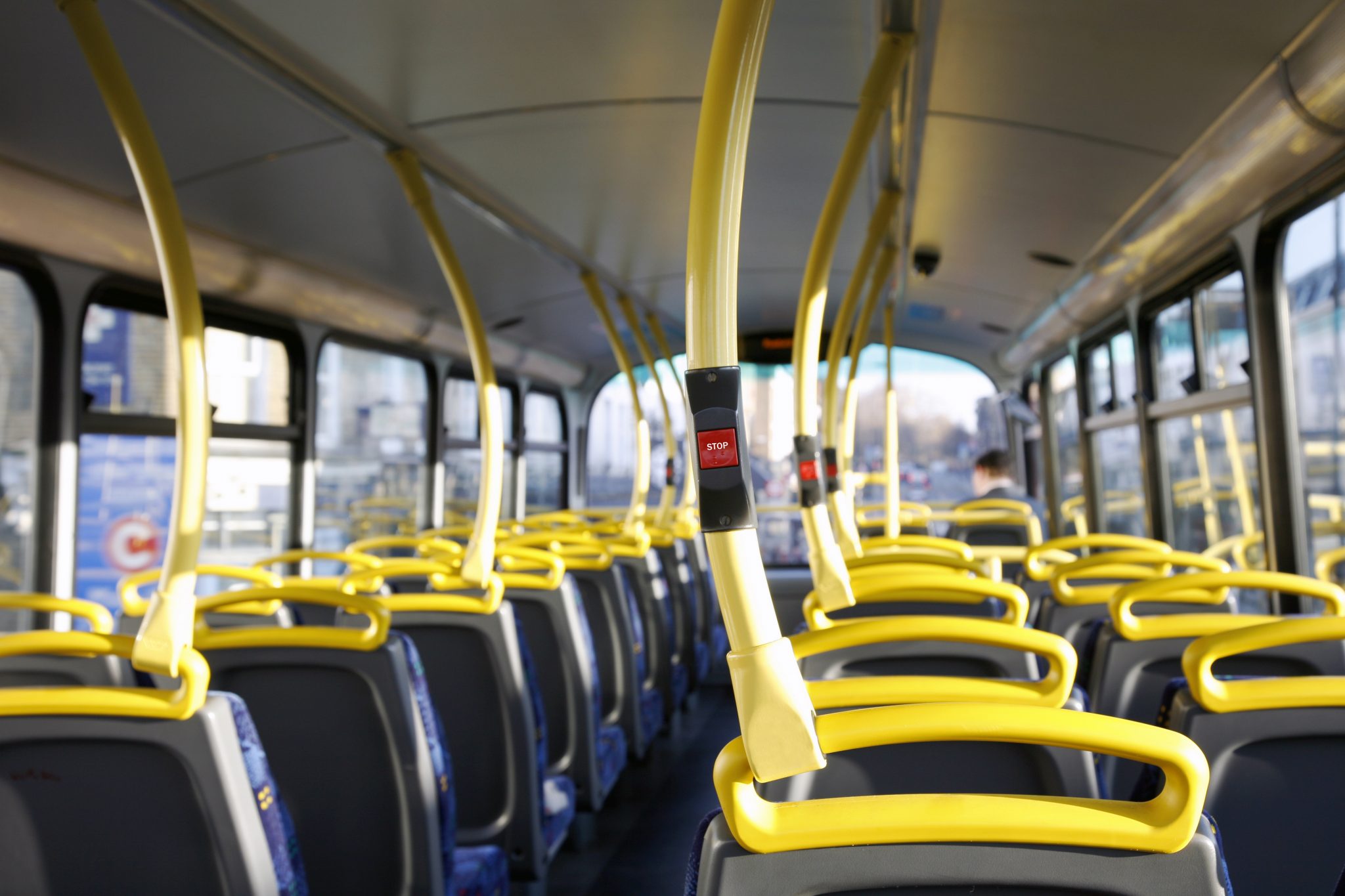In our conversations with Tasmanians about their daily challenges, accessible, timely and affordable transport ranks highly. It’s a particularly significant barrier to participation in the outer suburbs and regional and remote Tasmania.
TasCOSS CEO, Ms Adrienne Picone, said the lack of viable public transport creates many barriers for Tasmanians.
“Access to affordable and reliable public transport opens up employment, education and training opportunities, and is vital in accessing basic needs such grocery shopping, health care, childcare and other essential supports,” said Ms Picone.
“TasCOSS recognises the announcement from the Tasmanian Liberals of half-price bus fares for Tasmanians will help to ease the cost of living pressures households are under, but the initiative must be extended beyond the initial 13 months in a targeted way to maximise benefit to those who can least afford it. We also call for further action to ensure public transport is accessible, reliable and convenient.
“Public transport, and in particular bus services, must be accessible for people most vulnerable to transport disadvantage, including young people, students, people with disability and older Tasmanians.”
Disability Voices Tasmania Executive Officer, Mr Vaughn Bennison, said Tasmania is geographically a small state, yet for people with disability it is incredibly hard to navigate.
“More needs to be done to improve access to infrastructure, make timetables and bus locations accessible, and provide better training for transport operators and drivers,” Mr Bennison said.
Ms Picone said TasCOSS would welcome additional measures that ensure Tasmanians have improved access to public transport.
TasCOSS is calling for:
- Free fares for those who can least afford it — students, seniors, concession card holders and people on low incomes.
- Greater investment in making public transport more inclusive, particularly for the one-in-four Tasmanians living with disability, such as updating Metro Tasmania’s Disability Action Plan and expanding the Transport Access Scheme to include rideshare services, such as Uber.
- Assurances that any network and timetable changes are designed in consultation with communities and prioritise areas of transport disadvantage.

